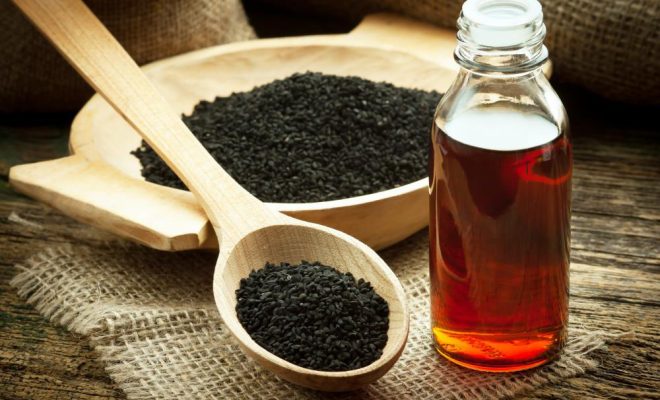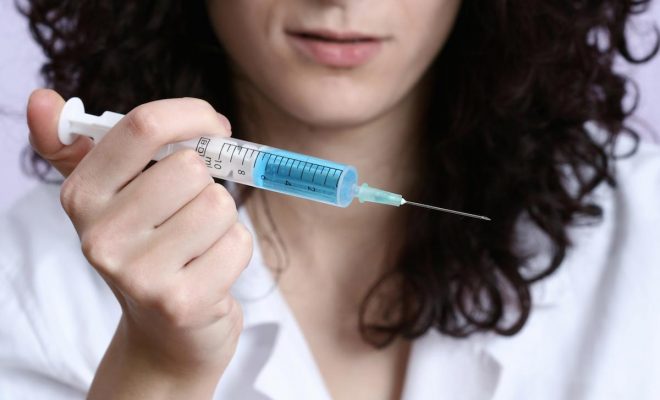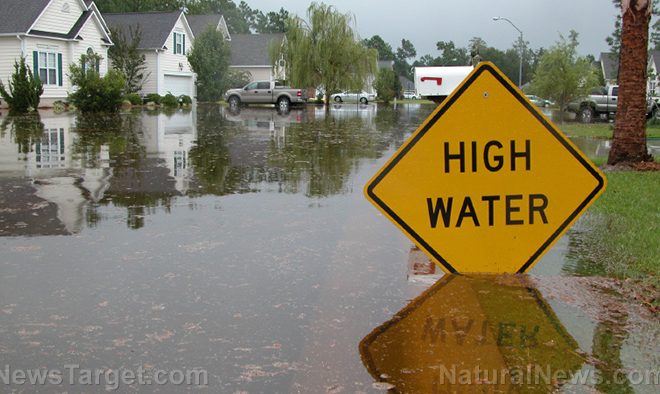Is vitamin D a key factor in breast cancer prevention?

(Natural News) The earliest known reference to cancer is found in the Edwin Smith Papyrus, written about 1,600 years before Christ. Though it is an ancient disease, there is no doubt that cancer is more prevalent now than at any other time in human history.
One of the most feared forms of this disease is breast cancer, which is the most common cancer among women in the U.S., regardless of ethnicity. The most recent statistics provided by the Centers for Disease Control and Prevention (CDC) show that in 2013, over 230,000 women were diagnosed with breast cancer, 40,860 of whom died. In fact, breast cancer is the leading cause of death among Hispanic American women, and the second highest cause among white, black and Asian/Pacific women.
While mankind scrambles to find a cure to the disease that strips families of their mothers, sisters, and daughters, there is a powerful weapon against cancer that is almost completely overlooked: sunshine, and the hormone it produces, which is vitamin D.
While age, lifestyle, diet, physical activity level, and genetics all play a part in causing breast cancer, several peer-reviewed studies have found that higher levels of sunshine exposure directly correlate to lower breast cancer mortality rates.
One such study, conducted by researchers from the University of California, San Diego, in 1990, found that the northern areas of the United States, such as Chicago and New York, have 1.8 times higher rates of breast cancer than southern, sunnier cities, such as Phoenix and Honolulu. When the researchers extended their study to the Soviet Union some years later, they found the same trend. When the study was expanded in 2005 to encompass 175 countries across the globe, the researchers once again found that there was a direct link between distance from the equator and incidences of breast cancer. The lowest rates of breast cancer were found in countries that were either 20° north or south of the equator. Breast cancer rates were highest in countries with the least sunshine, such as Sweden, Canada, Norway, and Iceland, while countries blessed with bountiful sunshine, such as Haiti, Rwanda, Mozambique, and Malawi, had the lowest breast cancer rates worldwide.
The power of the elements: Discover Colloidal Silver Mouthwash with quality, natural ingredients like Sangre de Drago sap, black walnut hulls, menthol crystals and more. Zero artificial sweeteners, colors or alcohol. Learn more at the Health Ranger Store and help support this news site.
The link between sunshine and breast cancer reduction lies in the production of the hormone vitamin D. Multiple studies have confirmed that higher levels of the active form of vitamin D, vitamin D sulfate, are directly related to lower rates of breast and other cancers. The body produces vitamin D sulfate when cholesterol in the skin is exposed to the UV-B light in sunshine.
So, while it may be tempting to rush out and buy a vitamin D supplement in an attempt to prevent or treat breast cancer, it is only the form of vitamin D produced by the body after exposure to sunlight that can do the job. (Related: Yes, vitamin D treats and reverses breast cancer, says new science.)
To ensure that we have enough vitamin D, we need to ensure that we expose at least 60 percent of our body to the sun for between 15 and 20 minutes each day (people with darker skin will need up to 45 minutes).
I know many readers are probably wondering, “But what about skin cancer?” Well, the truth is that skin cancer rates are actually lower among those who are exposed to more sunshine. And for people who do develop melanoma, those who have had higher levels of exposure to the sun tend to develop less aggressive forms of the disease and have better survival outcomes. Irresponsible exposure to the sun – such as spending hours tanning – is not the answer, but sensible daily sun exposure has been proven to have a myriad of health benefits. It is advisable to wear a hat when out in the sunshine, and non-nanotech zinc oxide can be used as a very effective and safe UV ray blocker. Shea butter, coconut, eucalyptus or aloe vera can also be applied to the skin before and after sun exposure to boost its natural protective abilities, without negating the health benefits of exposure to our life-giver, the sun.









